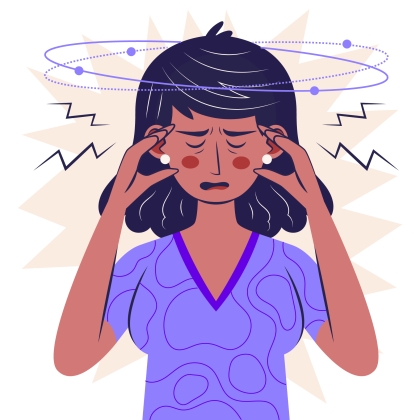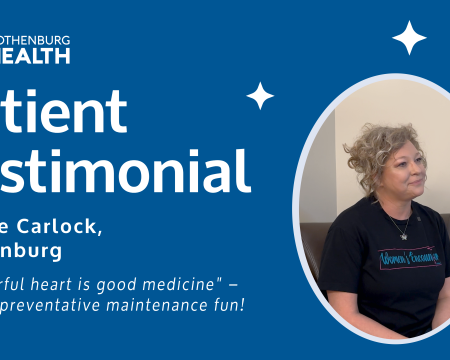
Stress Awareness Month, Part 1
In honor of Stress Awareness Month we address in the first of a two part series ways to get involved with awareness and signs of chronic stress.
Stress can be hard to define because it is unique to the individual experiencing it, but Psych Centraldescribes it as "…. the body's natural response to a stressor. A stressor is a trigger that may cause you to experience physical, emotional, or mental distress and pressure." If unmanaged, stress can have serious consequences on our physical and mental health.
What is Stress Awareness Month, and why is it important?
According to the Days of the Year, Stress Awareness Month has been celebrated every April since 1992. Because we know that everyone will experience stress at some point in their life and that unmanaged it can take a large toll on one's mental, physical, and emotional health, it is important to take time this April to learn about the cause and effects of the stress in your life and find ways to overcome them.
Days of the Year says, "Simply becoming more aware of stress and learning to apply the various coping mechanisms can certainly help an individual feeling overwhelmed by this emotion. In addition, it is well understood that if people become aware and there is less shame involved, they are more likely to reach out for help when they need it."
What are some ways people can get involved during Stress Awareness Month?
The Stress Management Society makes four recommendations:
• Look after yourself. The most crucial thing you can do when you are stressed or anxious is to make sure you are continuing to look after yourself. Make time to relax when you need to and learn to say "no" to requests that are too much for you.
• Sharing your coping skills-if you have found something that helps reduce stress, share it with others; not only will it help them, but it could help distract you from some of your stress
• Talking with family and friends about stress-talking openly about stress can help reduce the stigmas surrounding it.
• And lastly, getting involved socially.
What are some of the signs or symptoms that indicate someone we know is struggling with stress?
According to Psych Central, some of the common indicators of chronic stress include:
• Brain fog
• Changes in appetite
• Chronic muscle tension
• Increased anxiety or worry
• Irritability and anger
• Low energy
• Low self-esteem
• Social withdrawal
• Sexual dysfunction
• Weight fluctuation
If you or someone you know is experiencing any of the symptoms I just listed, we want you to know you are not alone. Please talk to your primary provider or if you are 65 or older, contact the Senior Life Solutions program at 308-537-1030.






